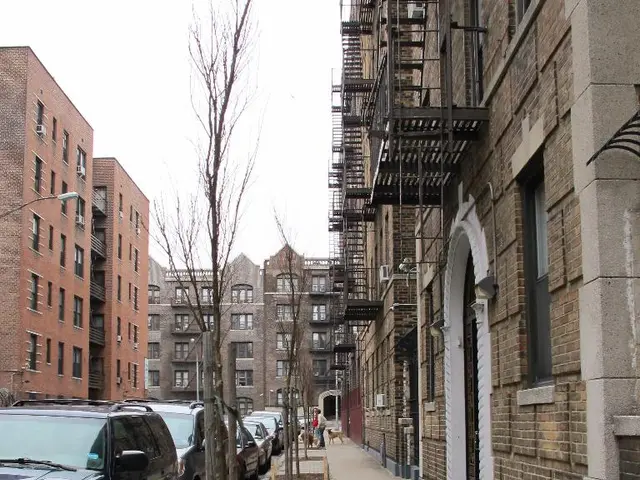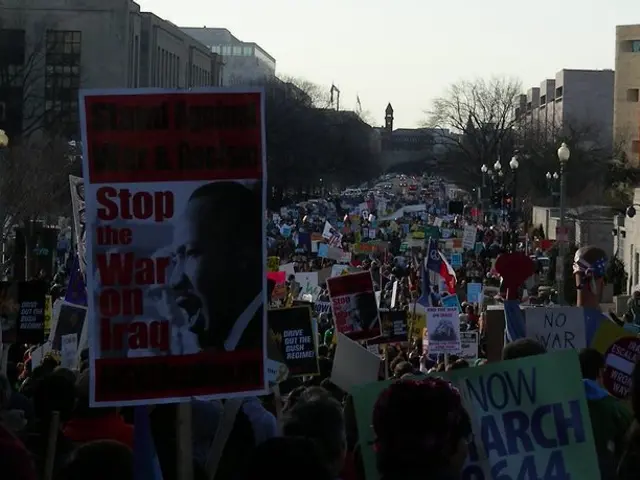Oklahoma City's 'Operation SAFE' Divides Opinion in Homelessness Fight
Oklahoma City has launched a controversial approach to tackle homelessness, with law enforcement dismantling encampments and offering individuals rides to treatment or housing facilities. Refusal to accept assistance has resulted in arrests, raising concerns among critics.
The initiative, known as Operation SAFE, was duplicated in Oklahoma City following its implementation in Tulsa. It involves law enforcement removing homeless individuals from state-owned properties. Gov. Kevin Stitt announced the expansion, while State Senator Julia Kirt questioned its efficacy, arguing it wastes taxpayer dollars.
The OKC Rapid Rehousing Coalition, a cooperation working to place homeless people into housing and treatment on an accelerated six-week timeline, is at the forefront of these efforts. Key to Home, a public/private partnership, is involved in connecting individuals to services and housing. Oklahoma City Mayor David Holt praised Key to Home's work, citing a decline in the unsheltered population for four consecutive years. However, Tulsa Mayor Monroe Nichols criticized Operation SAFE in his city for lacking coordination and strategy for housing and services.
Key to Home has achieved notable results, helping 446 people transition into housing and closing 25 encampments across Oklahoma City.
Operation SAFE's approach to homelessness in Oklahoma City remains divisive, with supporters highlighting the reduction in encampments and critics questioning its effectiveness and cost. The role of Key to Home in providing housing and services is acknowledged, with the future of the initiative under scrutiny.
Read also:
- American teenagers taking up farming roles previously filled by immigrants, a concept revisited from 1965's labor market shift.
- Weekly affairs in the German Federal Parliament (Bundestag)
- Landslide claims seven lives, injures six individuals while they work to restore a water channel in the northern region of Pakistan
- Escalating conflict in Sudan has prompted the United Nations to announce a critical gender crisis, highlighting the disproportionate impact of the ongoing violence on women and girls.






